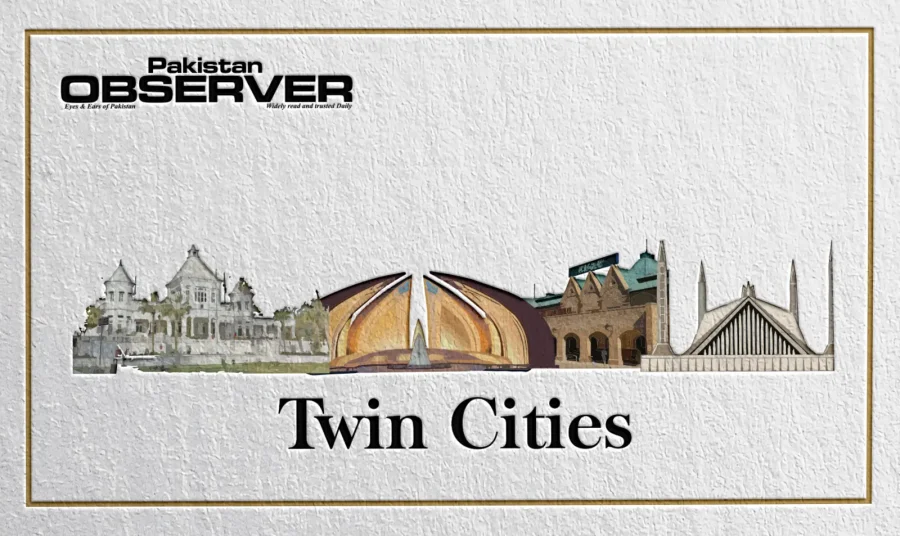Despite its claims of ‘zero tolerance’ on plastic use the Islamabad Capital Territory (ICT) administration has failed to ensure ban on single use plastics and many shopkeepers and traders are violating plastic ban according to their sweet will.
A recent household survey conducted by the consumer rights group, TheNetwork for Consumer Protection has revealed that the Environment Protection Agency (EPA) in Islamabad is significantly lagging in the enforcement of its 2023 regulations to ban single-use plastics in the capital city.
The Single-Use Plastics (Prohibition) Regulations, 2023 provided a phased approach for banning various plastic items. Polythene bags, plastic crockery, and plastic used for food services were to be banned immediately. Drinking straws were given a deadline of 2025, while plastic beverage containers were allowed until 2028. However, the survey findings paint a concerning picture of the current situation.
According to the survey, more than 60pc of household garbage in Islamabad still consists of polythene bags, while around 30pc comprises plastic bottles. This indicates that despite the ban, single-use plastics remain prevalent in the city’s waste.
Of the respondents, 56pc were aware of the 2023 regulations banning single-use plastics, but enforcement remains weak. The survey, which randomly selected 52 households out of a total of 184,971 urban households in the capital, was conducted with a confidence level of 85pc and a margin of error of 10pc.
TheNetwork, a council member of Consumers International—an umbrella organization representing more than 200 consumer movements in over 100 countries—conducted this survey as part of the global Green Action Week held in October. The campaign aims to promote Sustainable Consumption through a Sharing Community, a project managed by the Swedish Society for Nature Conservation.
When asked, “Do you make sure that your household plastic waste is recyclable/reusable?” only 25pc of the respondents replied in the affirmative, while approximately 40pc responded negatively. Despite the widespread knowledge that plastic is a major contributor to land and water pollution, around 60pc of households generate between 1 to more than 5 kilograms of plastic waste weekly.










